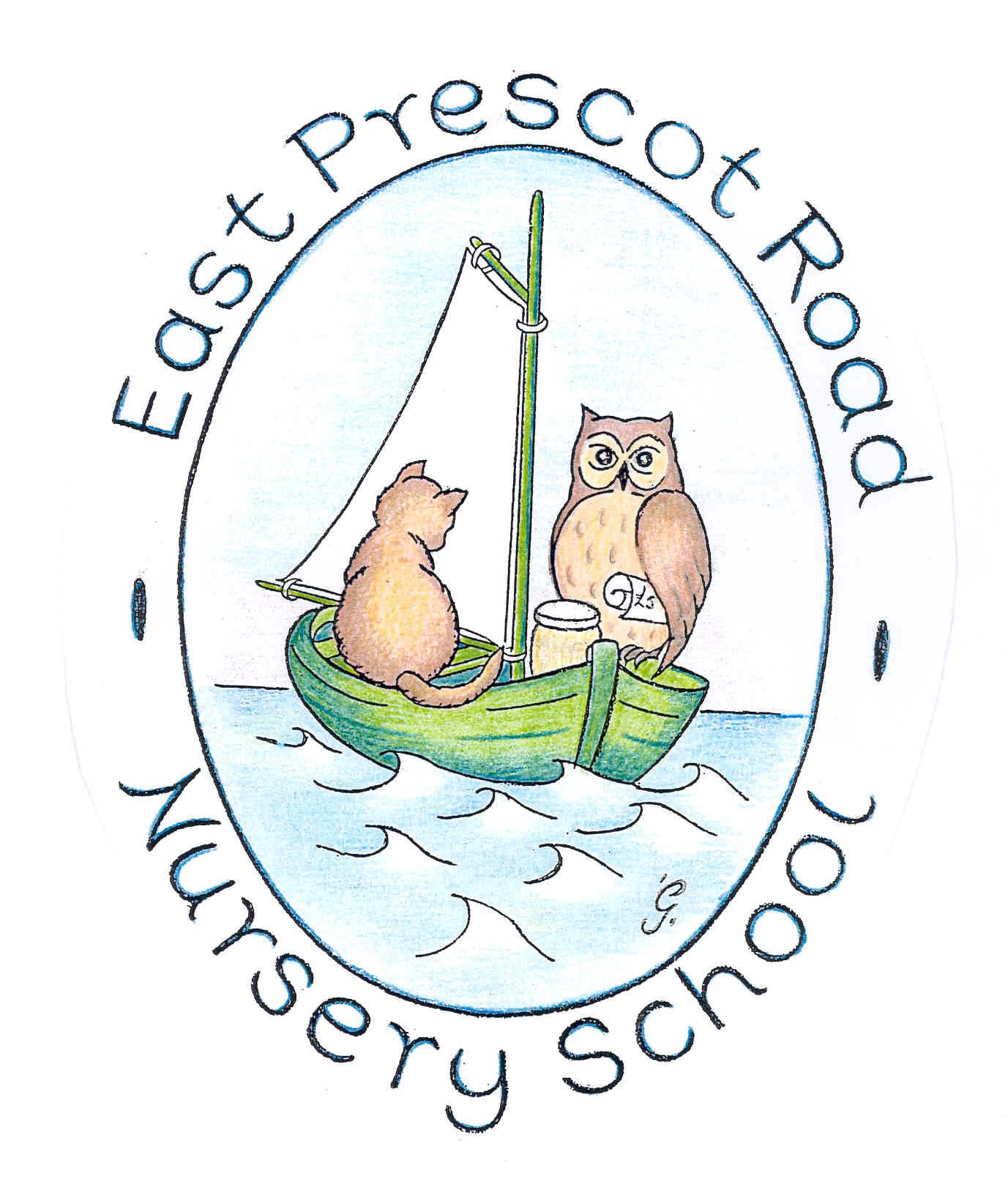Early Years Foundation Stage (EYFS)
At East Prescot Road Nursery School we follow the Early Years Foundation Stage Framework. This document sets out the curriculum expectations for children from 0-5 years. It is designed to ensure that children learn and develop well, they are kept healthy and safe and have the knowledge and skills they need to start school.
This framework is divided into 3 sections:
- Characteristics of Effective Learning (CEL)
- 3 prime areas of learning
- 4 specific areas of learning
Characteristics of effective Learning:
Playing and exploring, which is about finding out and exploring, playing with what they know and being willing to ‘have a go’.
Active Learning, which is about being involved and concentrating, persevering and enjoying achieving, what they set out to do.
Creating and thinking critically, which is about having their own ideas, making links and choosing ways to do things.
Prime Areas of Learning and Development:
Communication and language development involves giving children opportunities to experience a rich language environment; to develop their confidence and skills in expressing themselves; and to speak and listen in a range of situations.
Physical development involves providing opportunities for young children to be active and interactive; and to develop their co-ordination, control, and movement. Children must also be helped to understand the importance of physical activity, and to make healthy choices in relation to food.
Personal, social and emotional development involves helping children to develop a positive sense of themselves, and others; to form positive relationships and develop respect for others; to develop social skills and learn how to manage their feelings; to understand appropriate behaviour in groups; and to have confidence in their own abilities.
Specific Areas of Learning and Development:
Literacy development involves encouraging children to link sounds and letters and to begin to read and write. Children must be given access to a wide range of reading materials (books, poems, and other written materials) to ignite their interest.
Mathematics involves providing children with opportunities to develop and improve their skills in counting, understanding and using numbers, calculating simple addition and subtraction problems; and to describe shapes, spaces, and measures.
Understanding the world involves guiding children to make sense of their physical world and their community through opportunities to explore, observe and find out about people, places, technology and the environment.
Expressive arts and design involves enabling children to explore and play with a wide range of media and materials, as well as providing opportunities and encouragement for sharing their thoughts, ideas and feelings through a variety of activities in art, music, movement, dance, role-play, and design and technology.
Our Curriculum has been carefully designed to build on children's starting points in a progressive and sequential manner. Children encounter new experiences, practice new skills, learn new knowledge and apply their learning throughout their time with us. This is how we give our children their roots to grow. By the time that they leave us for Reception class, our children have their wings to fly.
Our Curriculum takes Development Matters and Birth to Five Matters.
